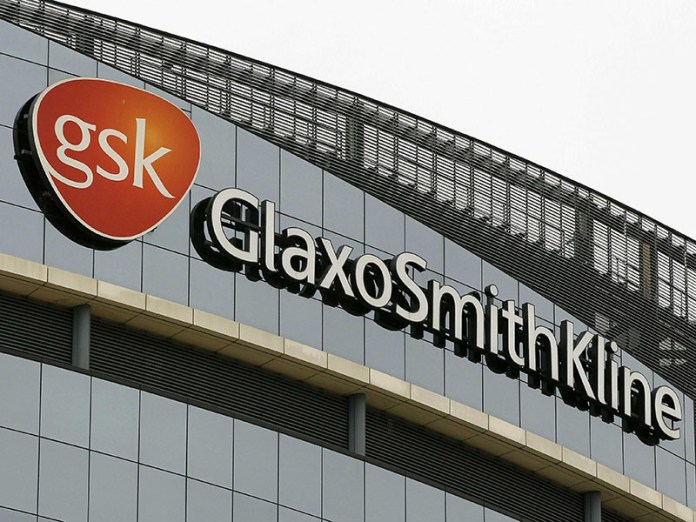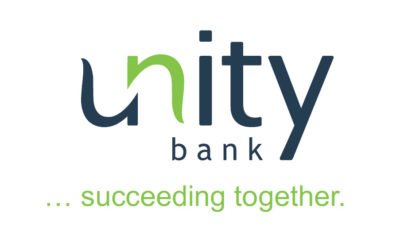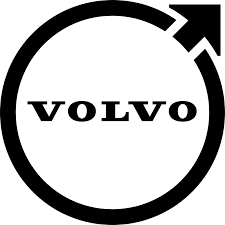Company News
GlaxoSmithKline Consumer Nigeria Plc to Cease Operations in Nigeria Following GSK UK’s Strategic Decision
Board of Directors Forced to Make Difficult Decision Amidst Termination of Distribution Agreements

Company News
Dangote Refinery Denies NNPC Petrol Lifting Claims Amid Ongoing Contract Talks
Company News
Volvo to Launch Electric Truck With 600 km Range
Company News
Dangote Refinery Starts Gasoline Output Amid NNPC’s Struggles with $6 Billion Debt
-

 Naira3 weeks ago
Naira3 weeks agoDollar to Naira Exchange Rate on Black Market Today 20th August 2024
-

 Education4 weeks ago
Education4 weeks agoWAEC Set to Announce May/June 2024 WASSCE Results Today
-



 Naira3 weeks ago
Naira3 weeks agoBlack Market Dollar (USD) to Naira (NGN) Exchange Rate Today 15th August 2024
-

 Naira3 weeks ago
Naira3 weeks agoBlack Market Dollar (USD) to Naira (NGN) Exchange Rate Today 19th August 2024
-

 Banking Sector3 weeks ago
Banking Sector3 weeks agoUnity Bank Champions Digital Literacy and Innovation for Youth Empowerment
-



 Naira3 weeks ago
Naira3 weeks agoNaira Reverses Gains, Dips to N1,582.09 at Official FX Market
-

 Naira3 weeks ago
Naira3 weeks agoBlack Market Dollar (USD) to Naira (NGN) Exchange Rate Today 16th August 2024
-

 Naira4 weeks ago
Naira4 weeks agoNaira Dips to N1600 Despite Surge in Foreign Payments and CBN’s New FX Strategy









